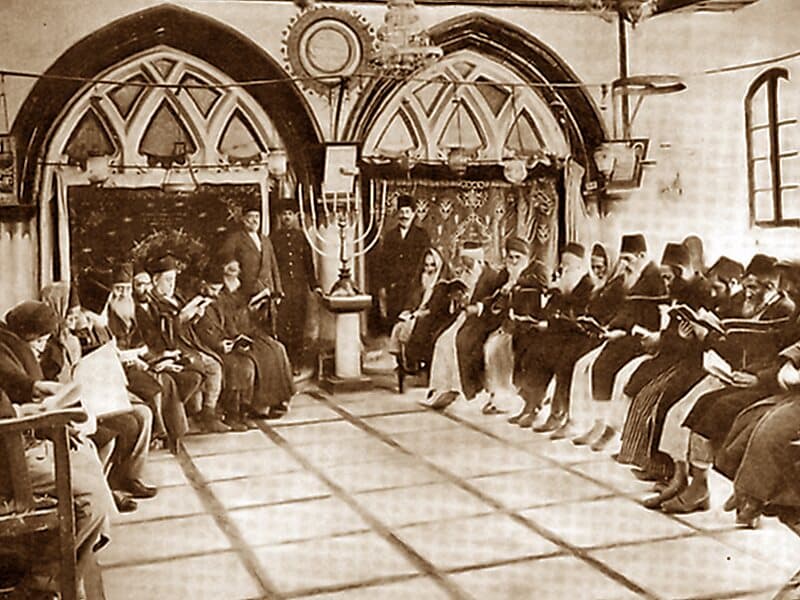Who is Orthodox? What is orthodoxy? Who is in and who is out?
After seeing these questions discussed in endless articles, lectures, halakhic rulings, and debates, having worked with many different communities and rabbis, and upon witnessing the bitter political war over these terms, especially the one campaign led by the Chief Rabbinate of Israel, I can confidently say that those questions are not God-centered, but rather man-centered.
If they were God-centered, we would have to refer to Micah 6:7-8: A man can tell you what is good and what Adonai Your God asks of you. It is doing justice, loving kindness, and walking modestly with God. If one of these elements is missing, one is not doing what God is asking him or her to do. A society which does not care about justice for all cannot call it self orthodox. A society which does not deal with all humans, all those who were created in the Image of God, cannot call itself orthodox. A society which wears religion on its sleeve and announces day and night “look at me! Look how religious I am!” cannot call itself orthodox.
Deciding who is orthodox by synagogue or congregation affiliation is in direct opposition to the prophecies of King David, Samuel, Isaiah, Jeremiah, and Ezekiel, who decried the use of sacrifices as a means of winning God’s favor. For a synagogue to be orthodox, is it enough that its parking lot is closed on Shabbat? Can a synagogue be orthodox when its rabbi, or the rabbi’s superiors commit or ignore acts of embezzlement or harassment? Who has the yardstick? What is the litmus test to verify one’s orthodoxy?
The leaders of the orthodox organizations claim that they are concerned about God’s word and message, and for some of them that claim stems from deep belief, devotion, and conviction, but the truth is that it is a territorial war waged over the question of where to draw the party line and how to guarantee coherence among the members of the group. Orthodoxy is fear. Fear of change and fear of losing control.
Don’t get me wrong, a congregation CAN be orthodox, but it is only its public face which will be orthodox, following a certain union agreement. The rabbi should be the graduate of a certain institute and of a certain gender, adhere to a certain dress-code, send his children to certain educational institutions, and speak only of themes approved by the supreme council of his organization or movement. The congregation which he oversees can only hold or host certain kind of events, serve food prepared under a specific kashrut organization, and keep Shabbat standards as determined by aforementioned supreme council.
All that is nice and almost perfect, but it says nothing about the diverse nature and background of the people who attend the synagogue or of the clergy members themselves. Man sees with his eyes, but God sees the heart, Samuel the prophet was told. Can we see into one’s heart? Did the people who attended the wonderful services in the Temple of Jerusalem led by the High Priest Yohanan ever suspect that he is what they would consider a heretic before he publicly broke one of the Temple’s traditions?
We should start working on making a distinction between party-lines, political-religious affiliation, the labels and regulations of communities, and the public arena on general, and between individuals, beliefs, practices, character-traits, civility, and everything that happens in the private arena.
It is not for us to decide who is orthodox and who is not, who is religious and who is not, who does what is good in God’s eyes and who does not. We have to strive and find that which unites us and not that which sets us apart. We have to avoid the divisive labels and learn to appreciate the wonderful gifts that others offer to the Jewish society and to the world in general.
I have a heavy feeling that if Moshe Rabbenu would have come now from Mount Sinai with the tablets, he would have broken them not because of paganism, but because a divided nation, where each one deems the other unworthy of relationships with God, might not have been deserving to enter into the covenant.







Ohr HaChaim Yomi – Emor